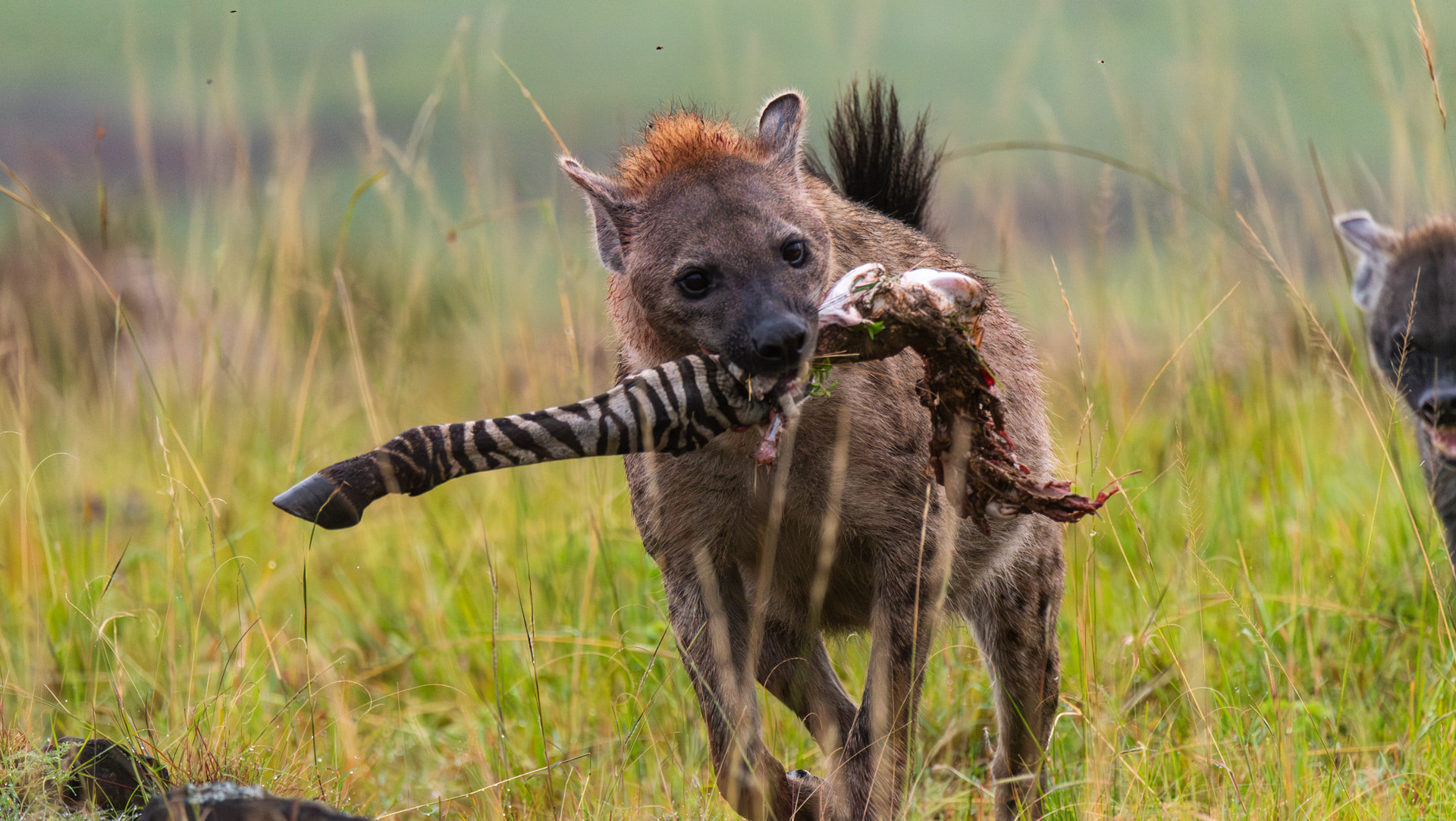
It was another beautiful morning in the Mara Triangle as our guests and I drove down from the lodge, ready to embark on a half-day photoshoot in the park. As we tuned into the radio chatter, excitement grew as we heard there might be a hunt about to take place just a few minutes down the road.
Our guide accelerated while keeping the park speed limit in mind. As we approached the scene, we were greeted by the sight of the magnificent Swamp Lioness and a young male walking down the road.
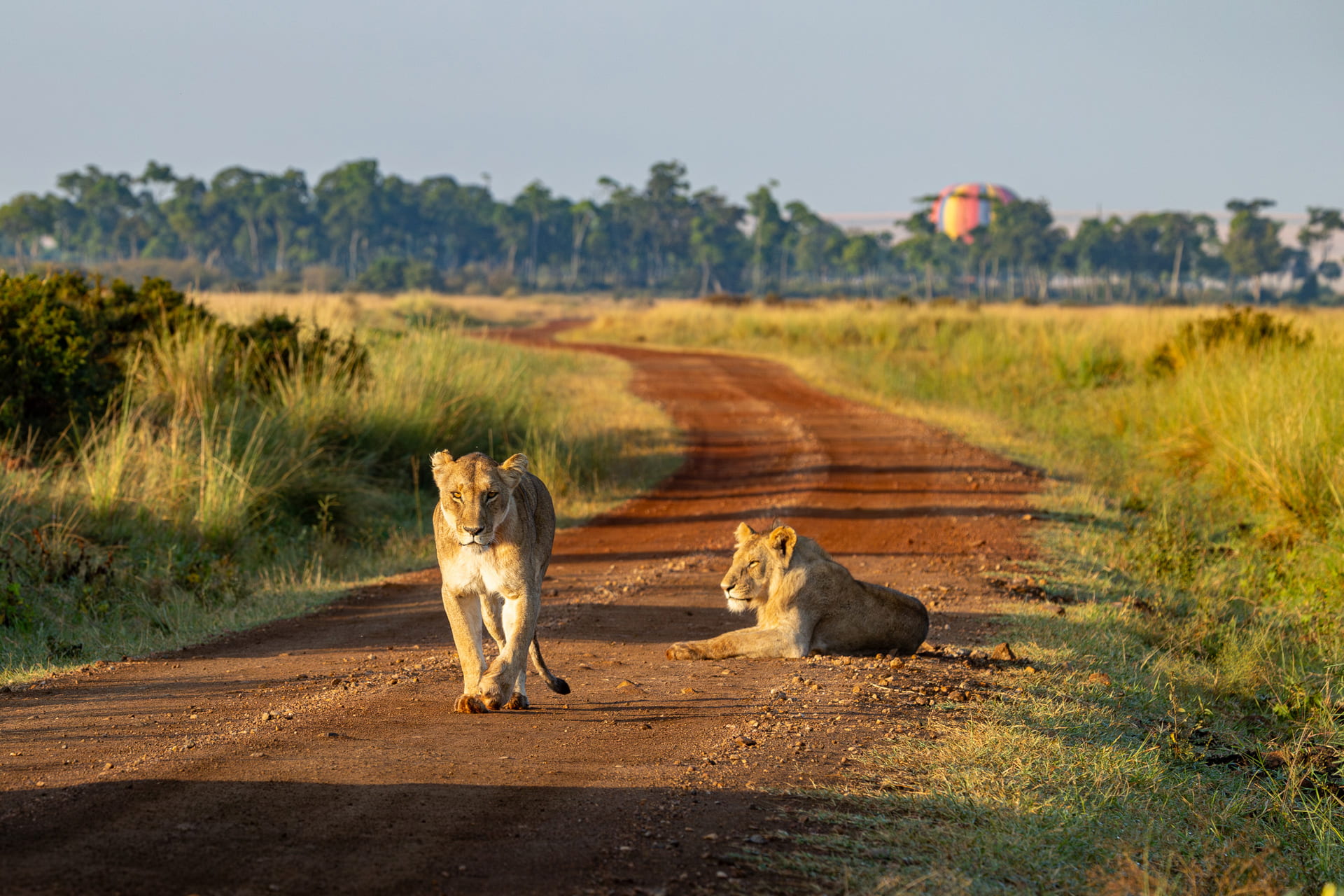
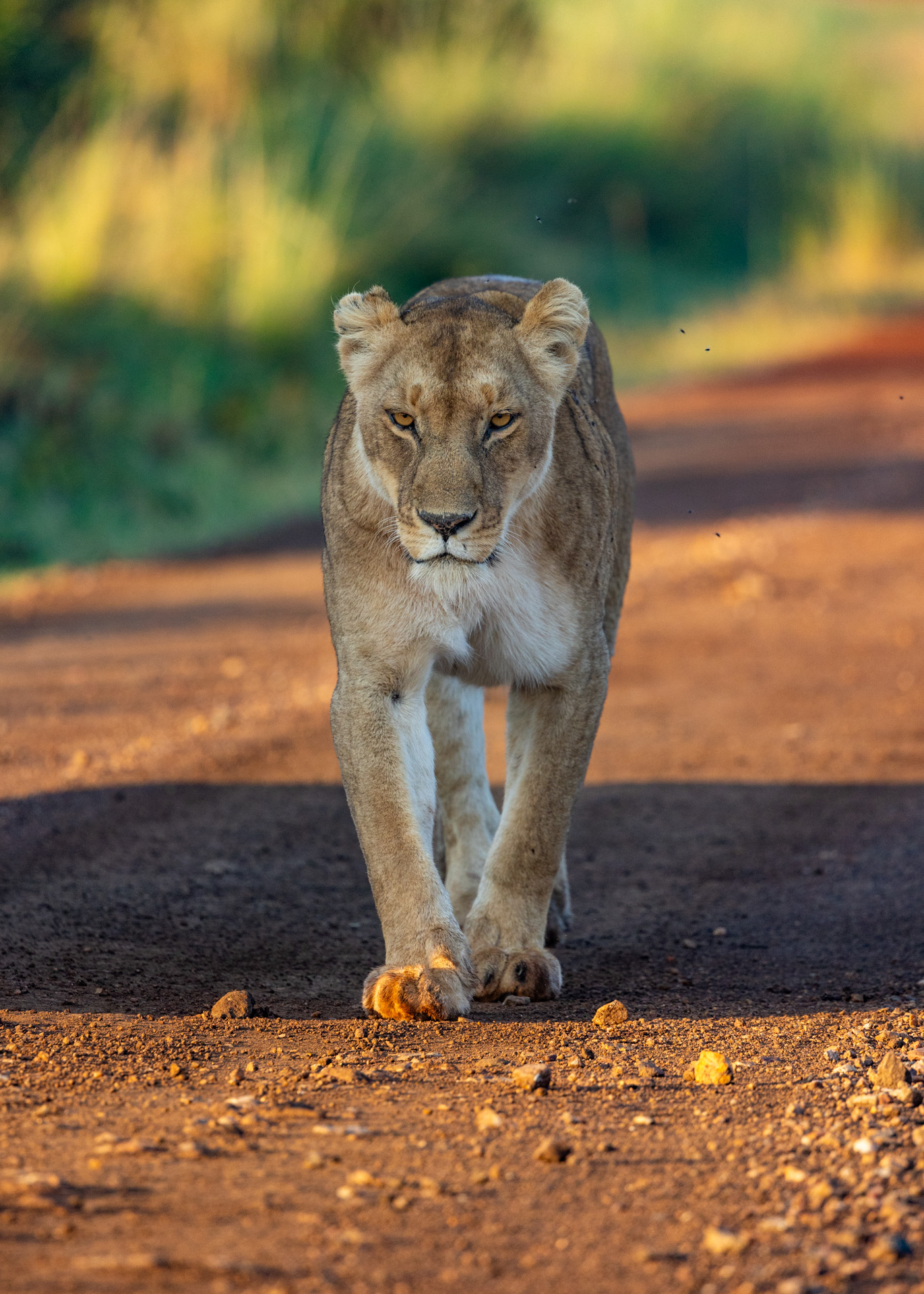
Minutes earlier, another member of the Angama guiding team had spotted a pride of lions attempting to take down a baby giraffe. Its mother fiercely defended her calf, and they managed to gallop for safety. However, the determined cats were still in pursuit.
As we turned our vehicles around to follow the action from a safe distance, the lions were swift and unfortunately, the poor baby giraffe simply couldn't keep up as it had already been injured in the previous attack. Nature can be harsh sometimes, but it's necessary for all creatures to feed, even if it means some have to become the meal.
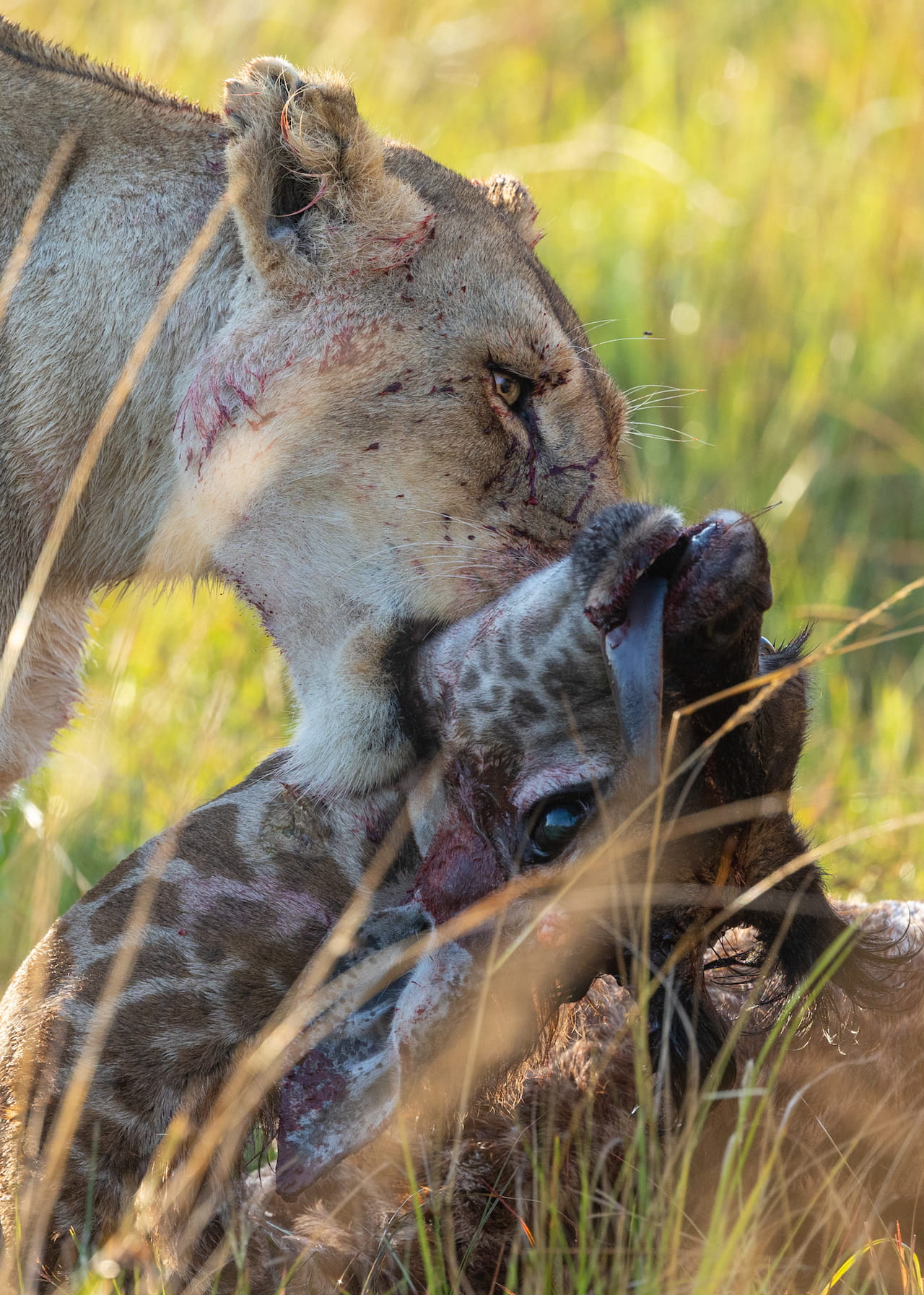
As we proceeded with our drive towards the south of the Triangle we caught up with the Inselberg males. The rather famous coalition of four brothers lazed around in the Eland Plains enjoying the breeze under a Balanites tree. While the rest of the pride was sleeping, Ginger, with a lighter-coloured mane, suddenly raised his head with his eyes precariously fixated in one direction.
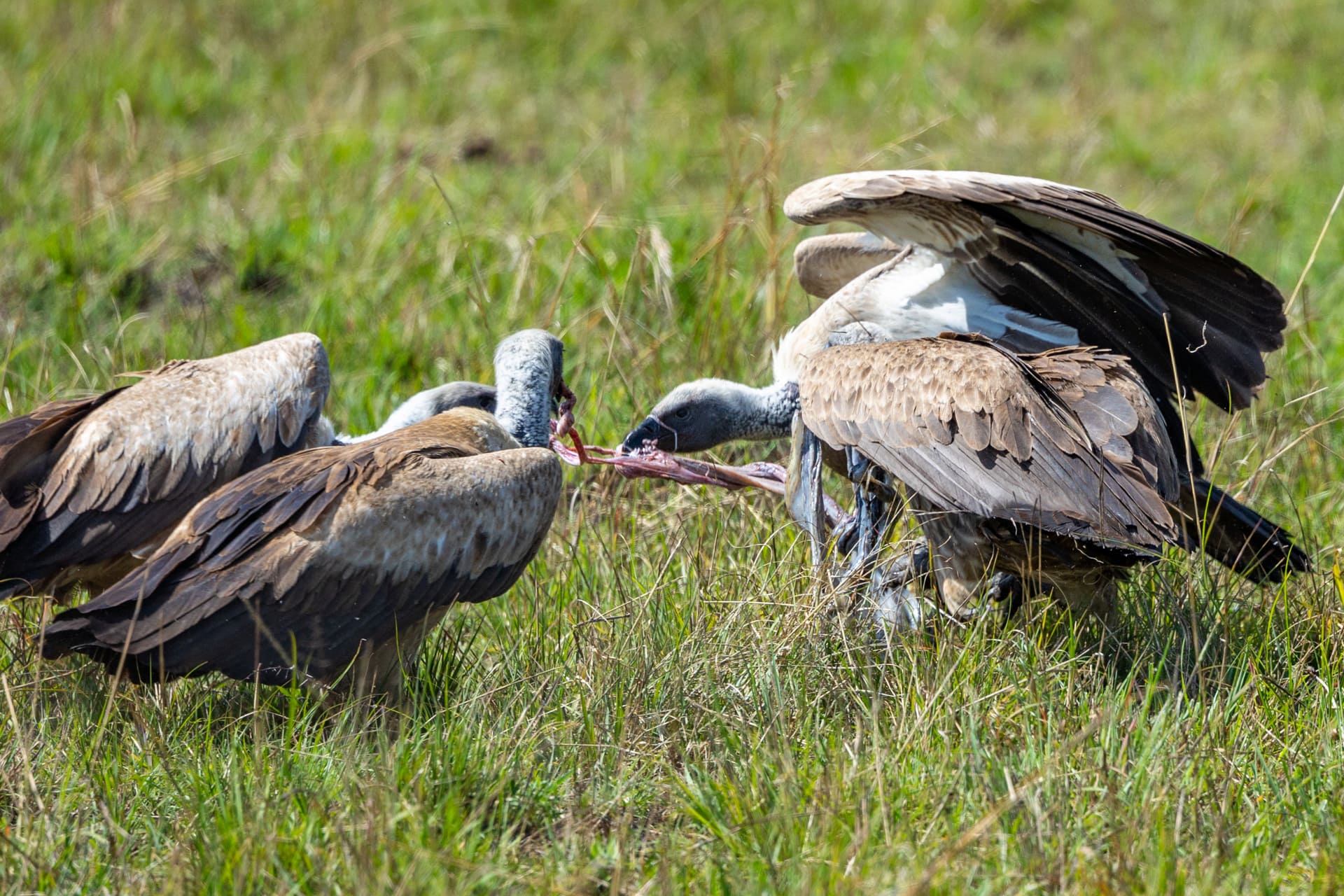
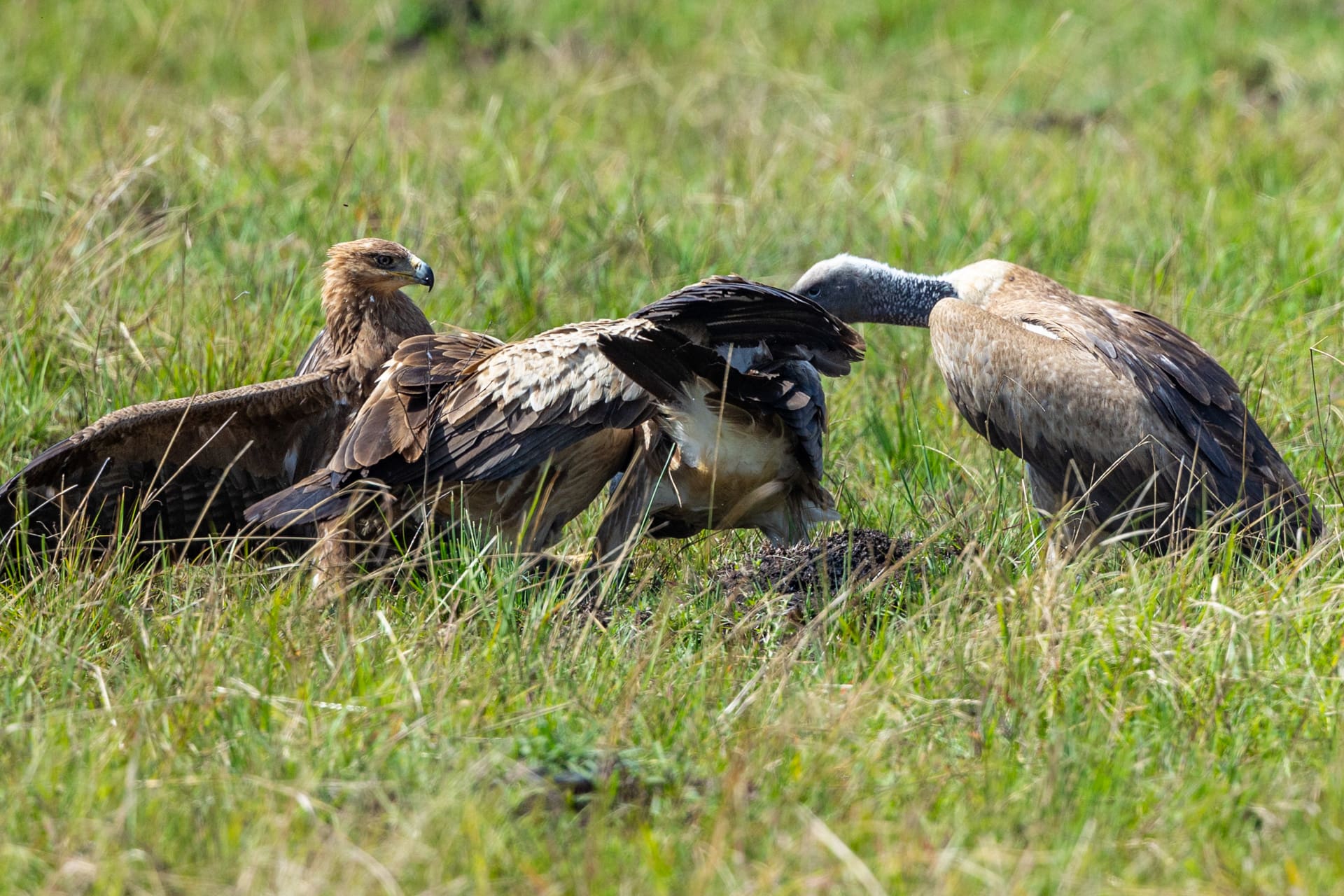
Moments later, he was on the move heading in the same direction. We then noticed several vultures swooping down, which is an indication of a fresh kill. As lions are opportunistic hunters, Ginger thought it might be a chance for him to possibly bully himself into a meal.
In an interesting turn of events, about ten vultures were furiously fighting with a single tawny eagle over an impala's afterbirth. You could see the disappointment written all over Ginger's face as he walked away, leaving us to take in the dramatic scene.
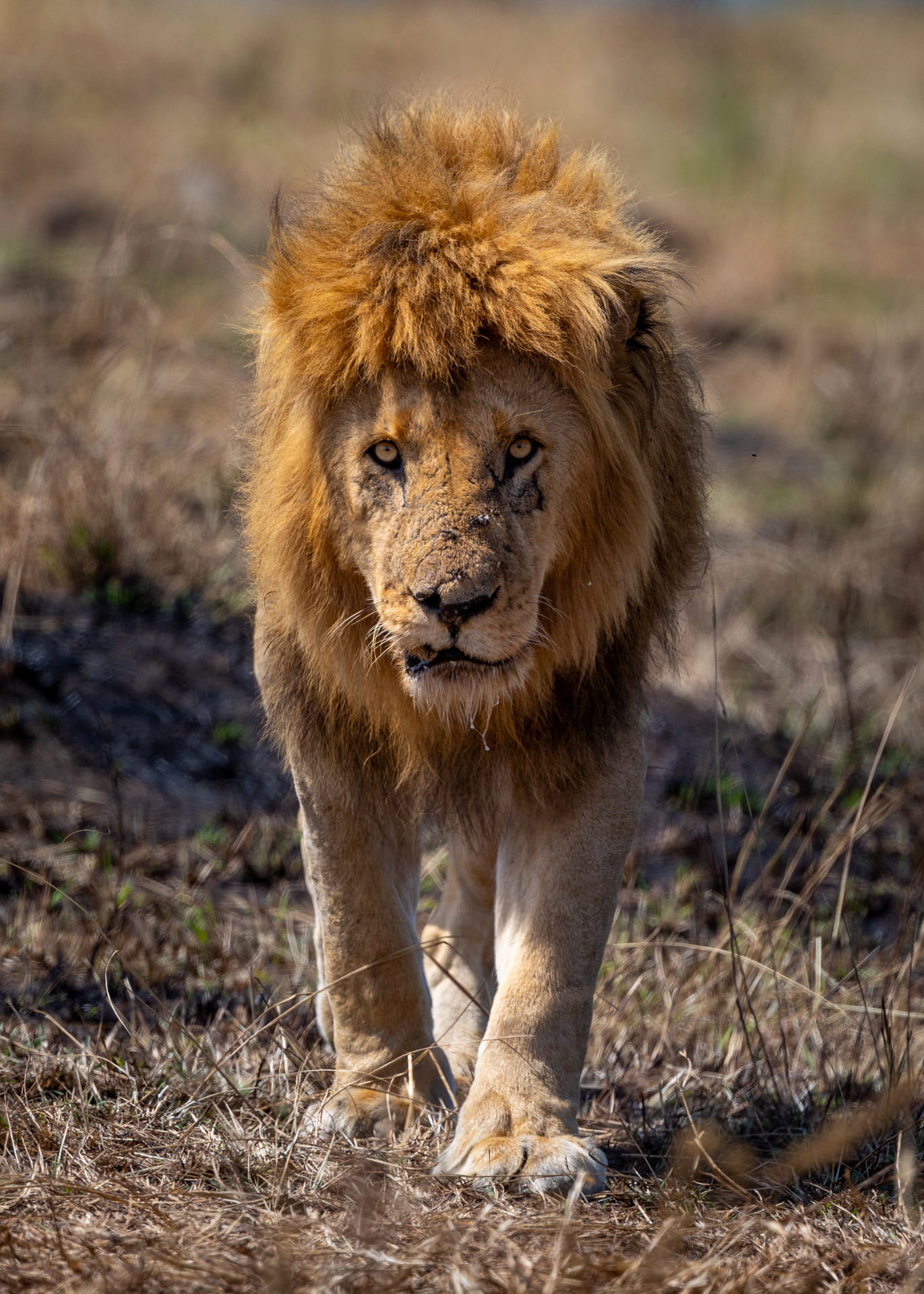
While hyenas may not be one of my favourite animals, they play a significant role in a wild ecosystem. Though they are mostly associated with scavenging, they are also skilled hunters. Beyond their powerful jaws and strong teeth — adapted for both bone-crushing and tearing flesh — they possess stamina and persistence. They can keep a steady pace during a chase that wears down their prey through relentless pursuit.
This ability allows them to outlast their prey, as was the case recently when a pack of about 21 hyenas had their eyes on a zebra just a stone's throw away from Angama. The scene was so dramatic that we could hear the cackles and snorts from the North Camp deck.
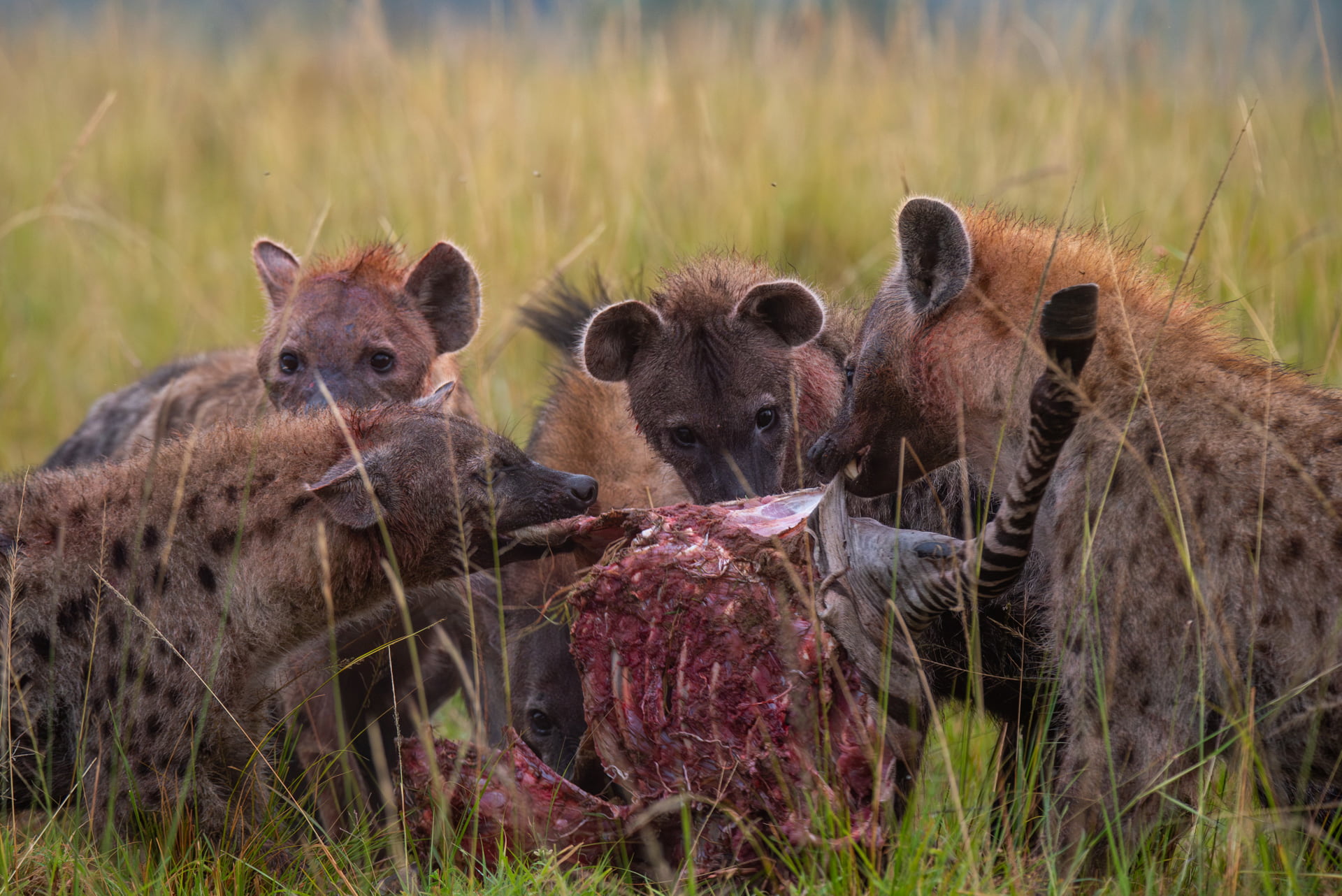
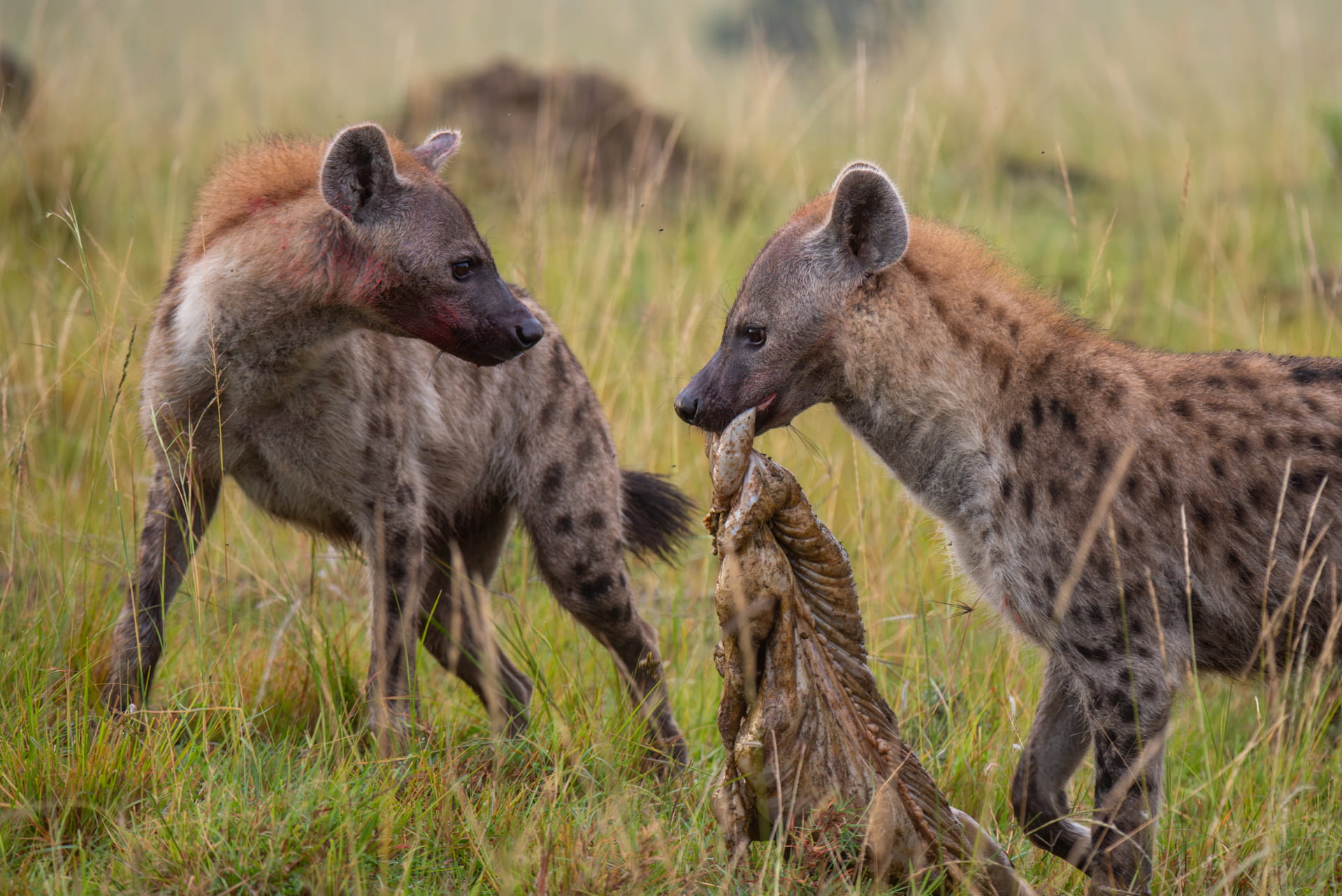
The Nyati Six are thriving, having successfully ousted the Inselberg brothers from their territory several months ago. This victory allowed them to expand their domain and take over the Egyptian Pride.
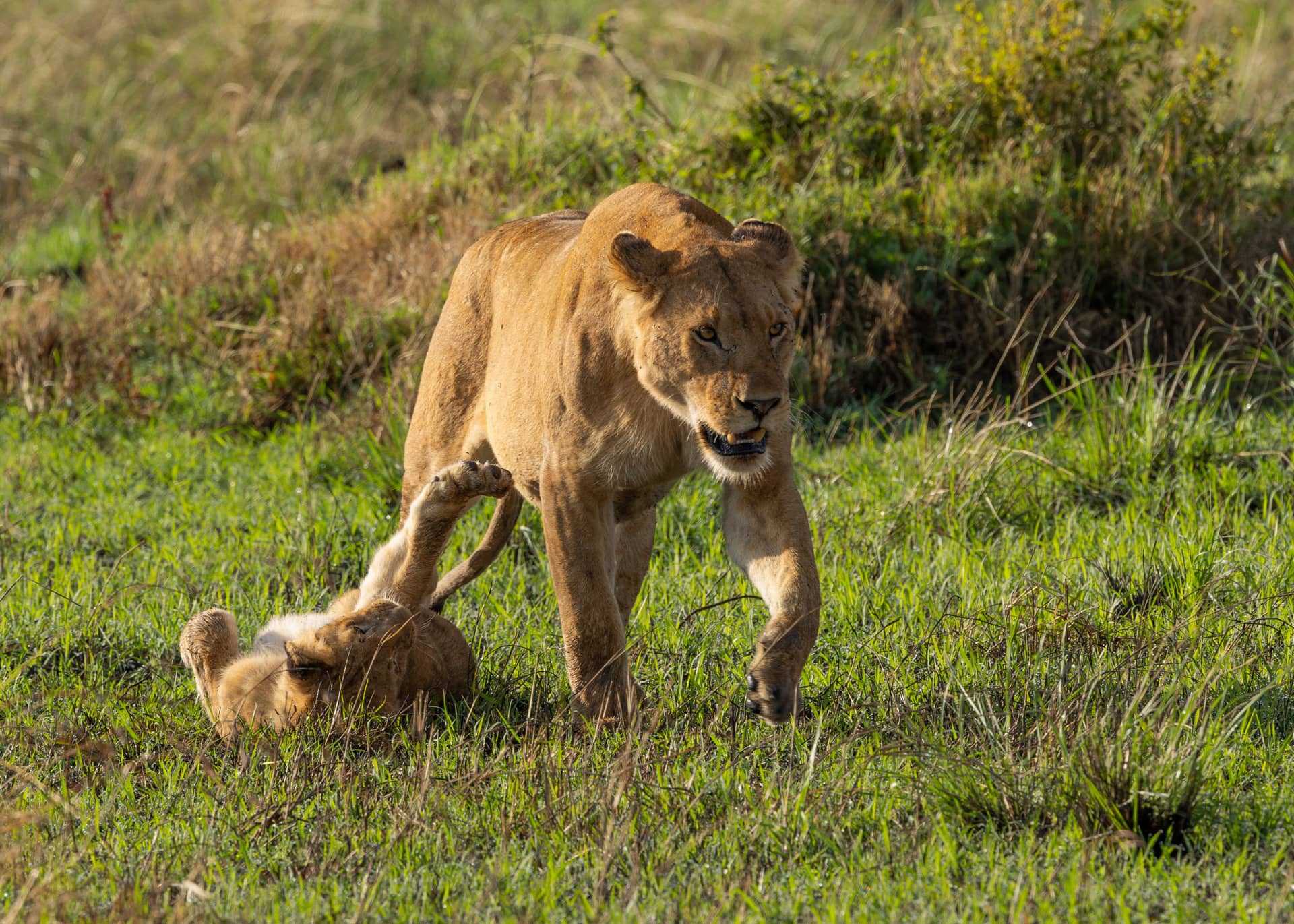
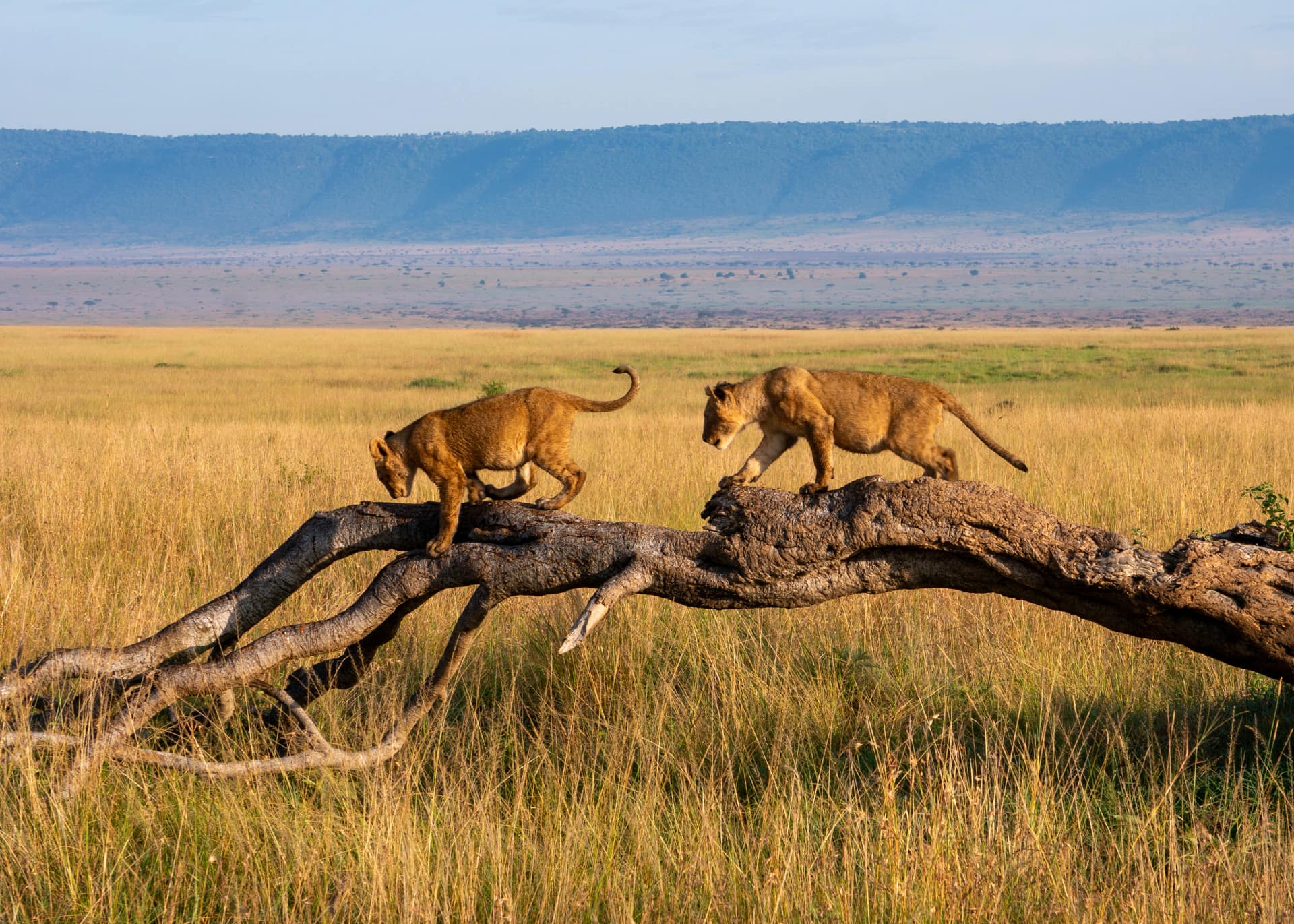
We recently encountered half of this notorious coalition at the Rain-gauge area, just a few metres away from where the Egyptian Pride and their adorable cubs were basking in the beautiful morning sun. The lions' bellies appeared stuffed, indicating they had recently enjoyed a filling meal.
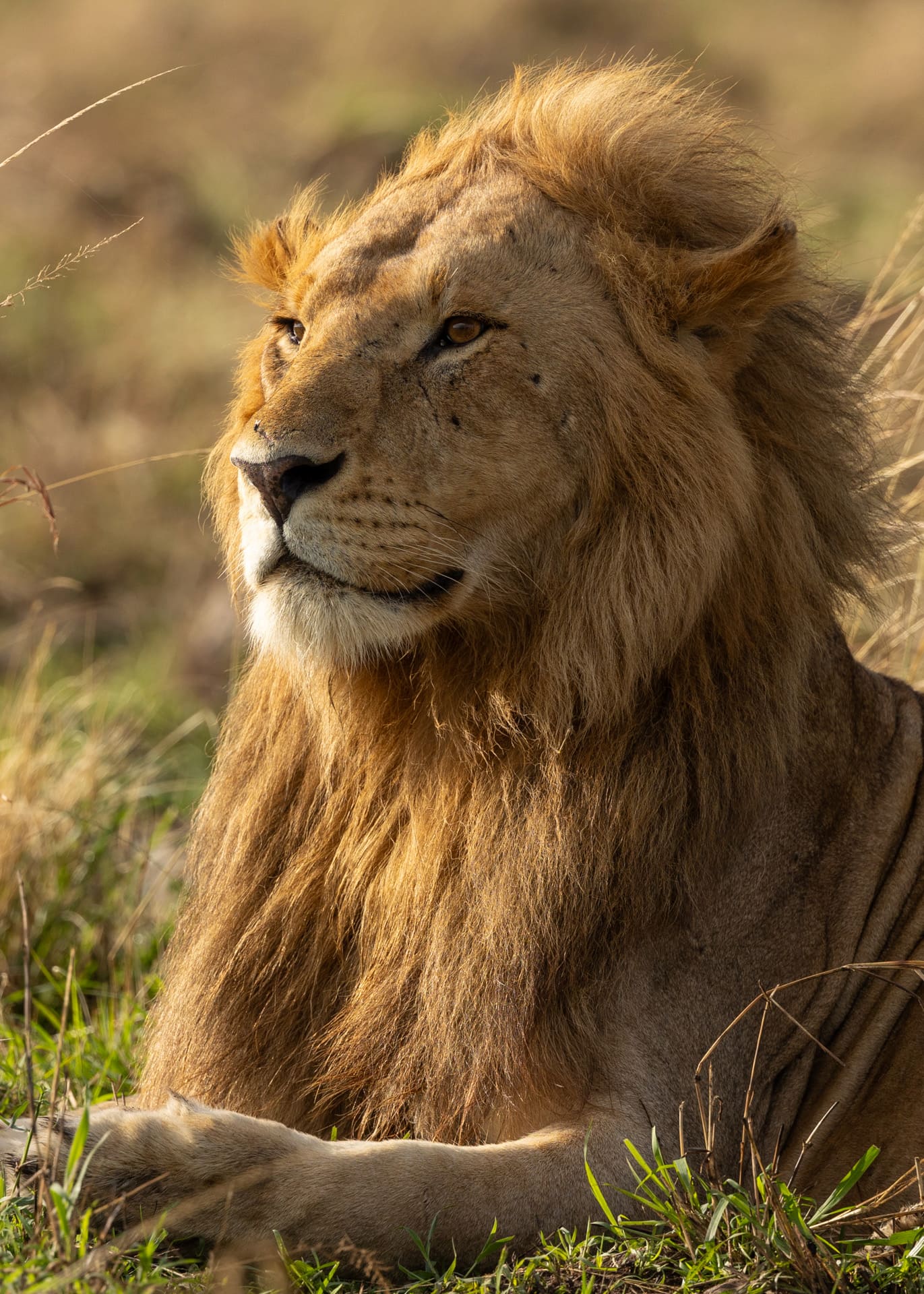
Ruka and Rafiki, otherwise known as the 'Rosetta boys' (Rosetta being their mother, as well as Risasi's) continue to enjoy the short grass area as a result of the recent controlled burning in the Triangle. This area attracts a variety of herbivores and small game — which happens to be the cheetahs' favourite prey.
This week, they displayed their impressive hunting skills by each attempting to take down an adult topi. One managed to escape, while the same couldn't be said for the other. The two brothers pounced on it as if their lives depended on it (which technically they do). Our guest Daniela was armed with her camera as the drama unfolded and she managed to capture some captivating shots.
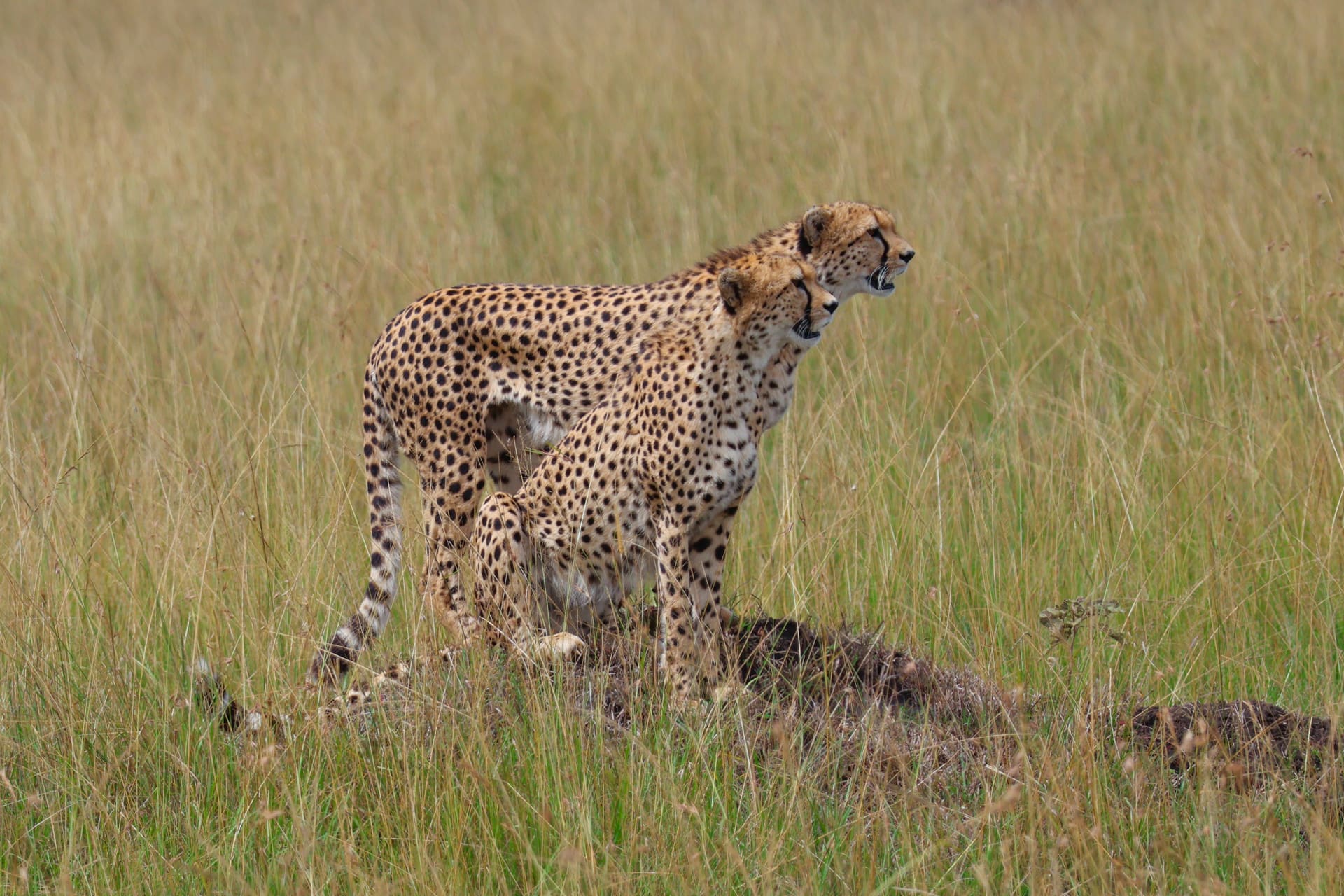
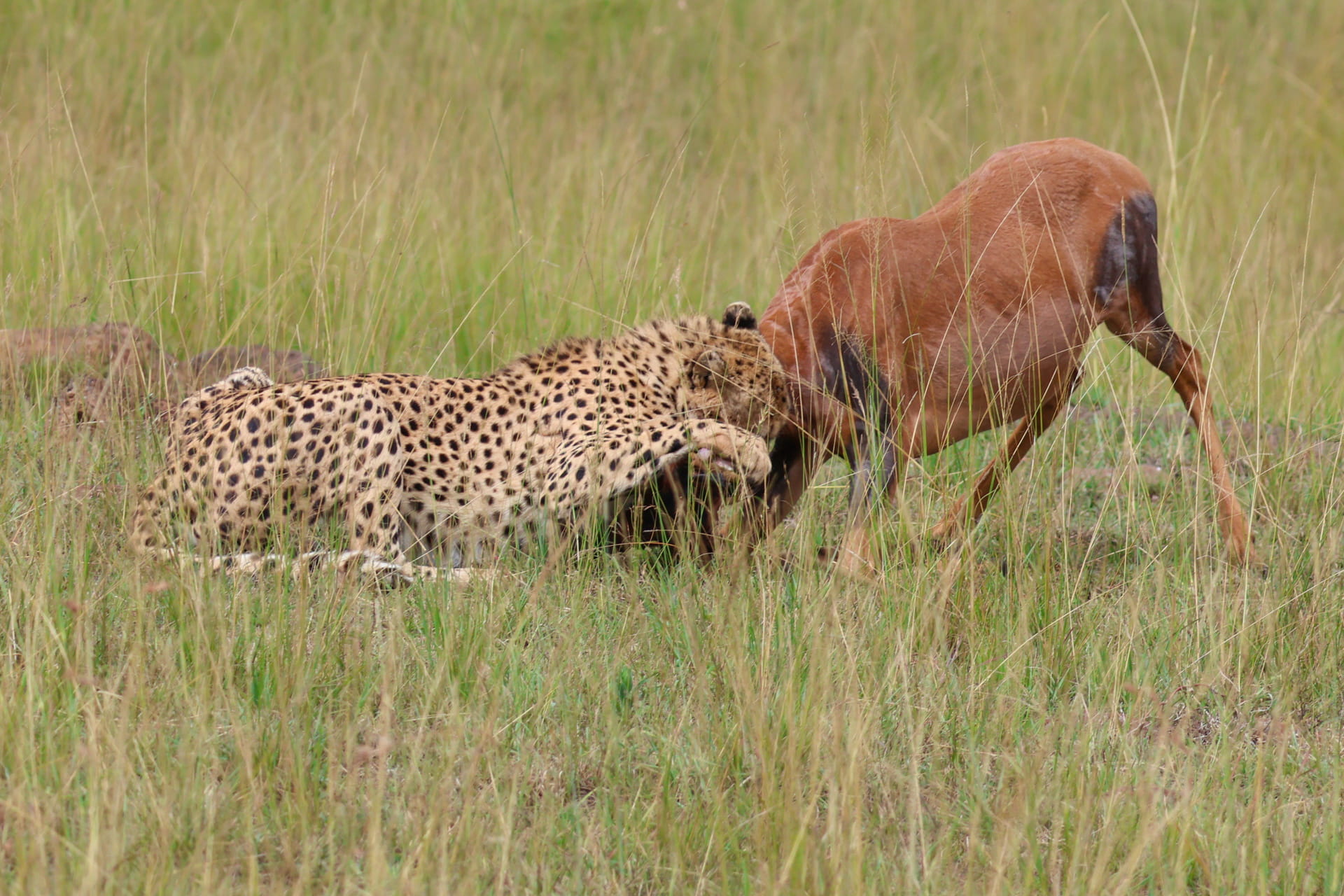
In a sad turn of events, as it often is for cheetahs, the meal was short-lived. The hyenas and vultures swooped in, forcing the brothers to abandon their meal halfway. Ruka and Rafiki may be experienced hunters, but they need to learn to watch their backs to avoid continually losing their meals to these devious predators.
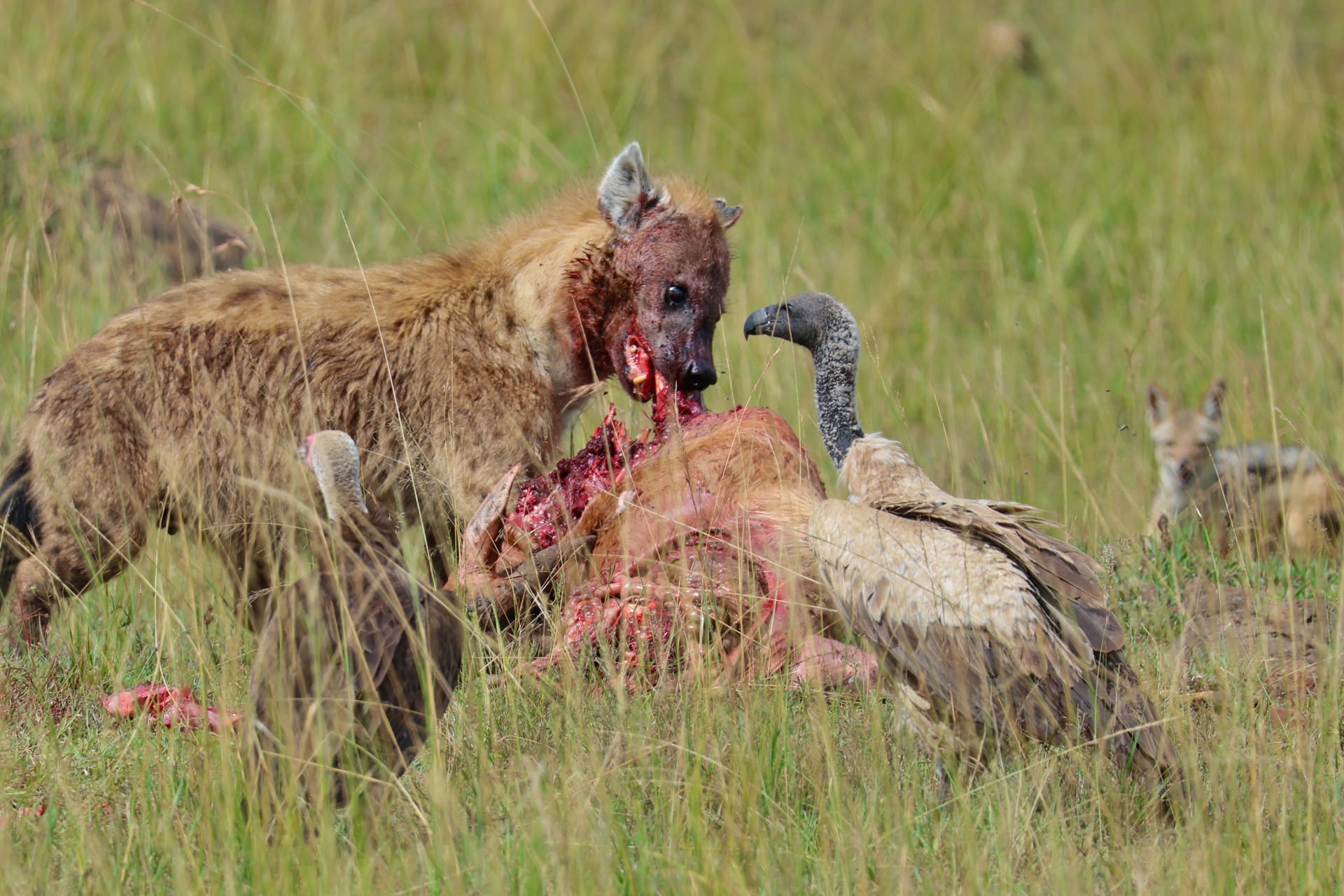
Hippos are known to be aggressive and territorial animals and, in rare cases, incidents of infanticide (where adult hippos kill newborns) have been observed in the wild. Angama guide, Wilson, recently witnessed such an incident in one of the pools in the Triangle. The dominant bull ruthlessly attacked the young hippo, flinging it in the air several times as the helpless mother watched in distress.
The small pond turned into a whirl of distress. While the exact reasons for this behaviour are not fully understood, hippos have complex social structures over their territories and the females in them. Sometimes, these males may kill newborns to assert dominance and establish control over the group. In other cases, they may kill unrelated offspring to eliminate potential genetic competitors and increase their own reproductive success.
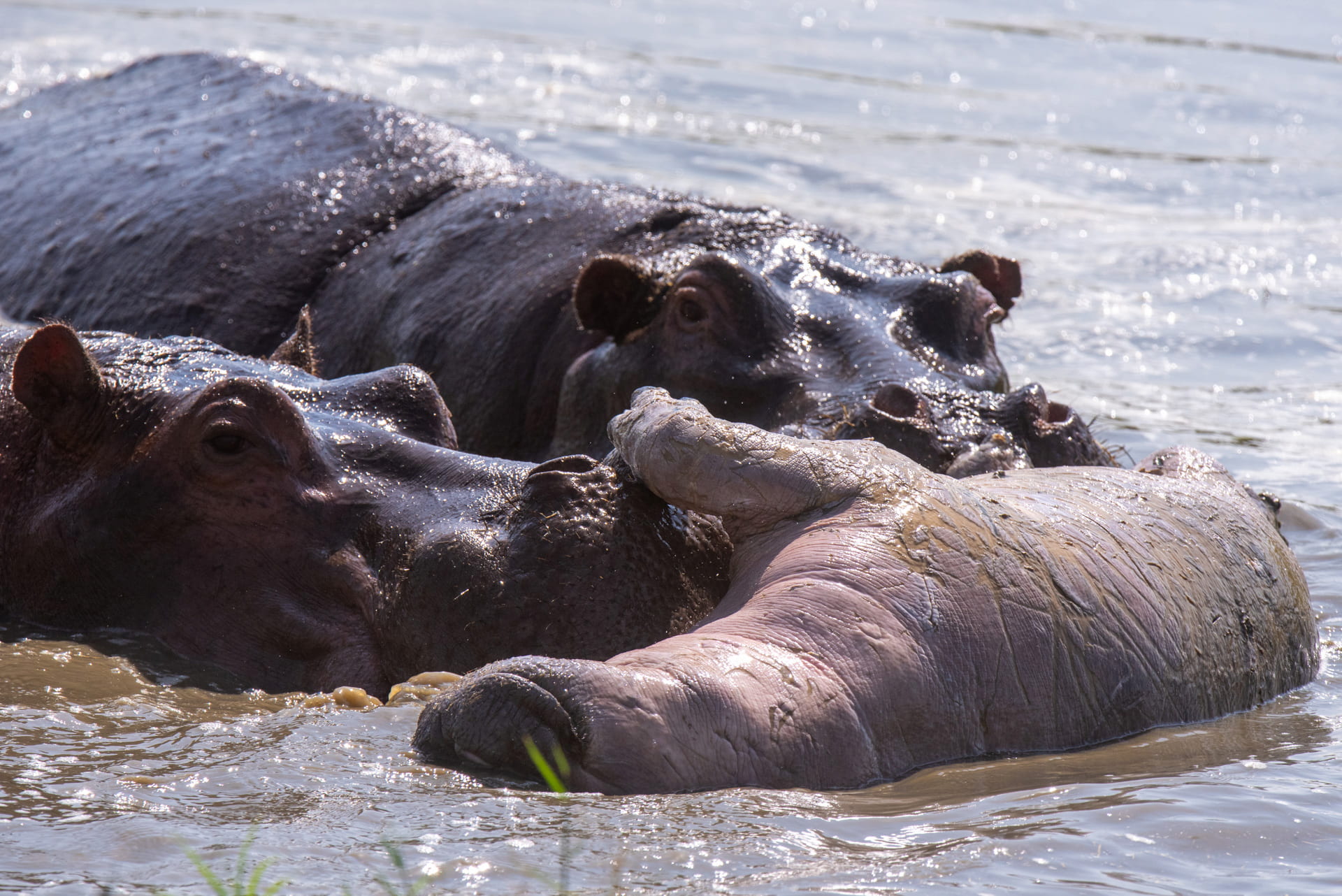
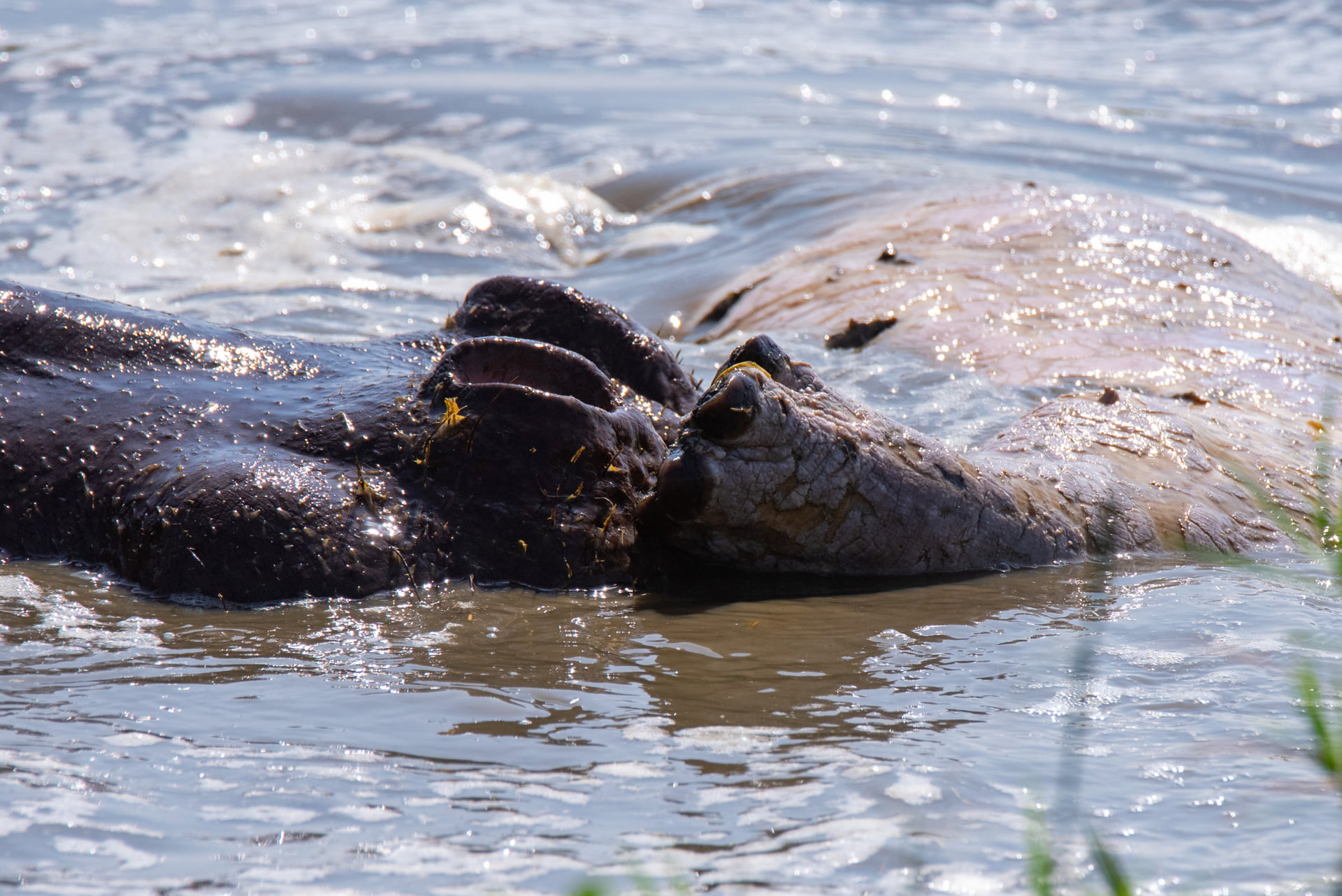
A few days later, we returned to the pool and found the carcass of the little hippo floating in the dirty water. As we observed the scene, a hyena lurked nearby, patiently waiting for an opportunity to seize the carcass.
Interestingly, the mother hippo continued to fiercely protect her deceased offspring, showing aggression by baring her teeth whenever the hyena attempted to retrieve the carcass from the water. Witnessing such events can be unsettling, even for experienced bush dwellers like myself, but it is undeniably captivating to witness nature's contrasting displays of life at its best and worst.
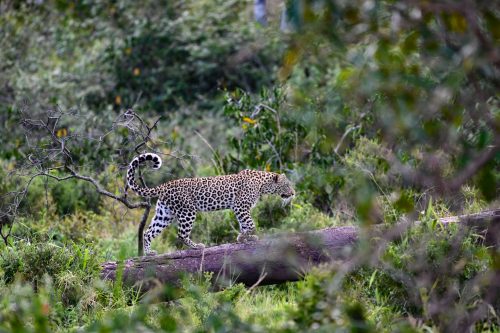
This time last year, guests spent a lovely morning with a sleepy Nadallah. We have been missing our bush princess greatly over the last few weeks and can only hope she will grace us with her presence again soon.
Filed under: This Week at Angama
Subscribe for Weekly Stories
Comments (0):
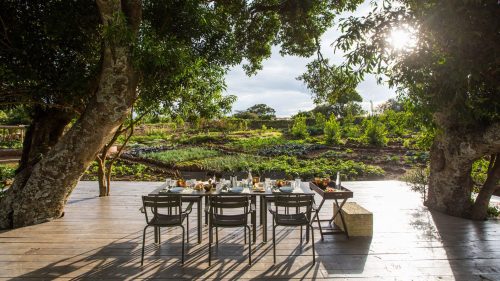
The Angama Shamba